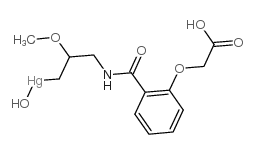| Structure | Name/CAS No. | Articles |
|---|---|---|
 |
Phenylsuccinic acid
CAS:635-51-8 |
|
 |
mersalyl acid
CAS:486-67-9 |